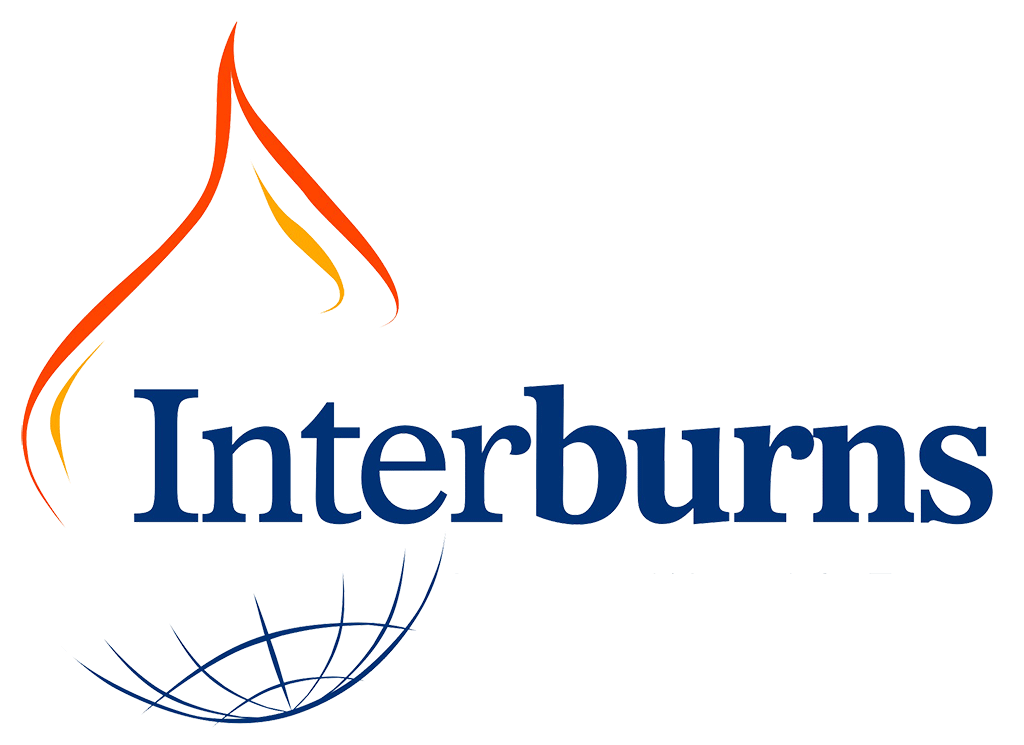ABC Surgery held in Ethiopia
The vast majority of burn injuries are sustained by people living in low and middle income countries (LMICs), women and children are the most vulnerable. Burn patients are often treated by surgeons who have had little or no training in burn surgery which can lead to long term complications, disability and death.
We are therefore delighted that we were able to run the 2nd Advanced Burn Care (ABC) Surgery course in March 2020, only days before the world went into COVID-19 related shut down. We are grateful to our partners at AMREF and the Federal Ministry of Health for giving us the green light to go ahead with this important course.
Interburns has been working to support the government’s strategy to improve and develop burn services in Ethiopia since 2015. Initiatives include: assessment of national and regional burn centres against Operational Standards; Advanced Burn Care (ABC) Nursing in 2019; training of trainers in Essential Burn Care (EBC) and Basic Burn Care (BBC); and community prevention activities.
In 2019, Interburn’s Delivery Assessment Tools (DAT) at 2 national and 2 regional hospitals in Jimma and Hawassa, showed an urgent need for specialist training in surgery. This is a need echoed across many African and low-resource settings worldwide.
This was only the 2nd time that ABC Surgery has been held, the first being in Nepal in 2019. Demand for places was extremely high and selection challenging but 18 young and talented surgeons from hospitals across Ethiopia were joined by surgeons from Rwanda, Sierra Leone, Malawi, Zambia, Kenya, Afghanistan, Tanzania, Sudan, Uganda and Nigeria.
ABC Surgery covers a wide range of key aspects that any burn surgeon working in a low resource setting may face, from emergency surgery in the first 24 hours post injury, to rehabilitation, months or even years later. The course is highly participatory and includes a mix of lectures, small group work, role play and a simulation of a mass casualty event.
All Interburns’ courses invite participants to turn knowledge into action so they can implement real change in their own practice and bring about improvement within wider burn care teams. We have no doubt that participants on this course, the first to be held in Sub-Saharan Africa, will sow the seed for improved burn care in their own hospitals and we thank them for their energy throughout the week. Our appreciation also goes to the expert faculty which, as always, showed great commitment and partnership.
This course was generously funded by the National Institute for Health Research (NIHR) and UKAID’s Small Charities Challenge Fund (SCCF).
